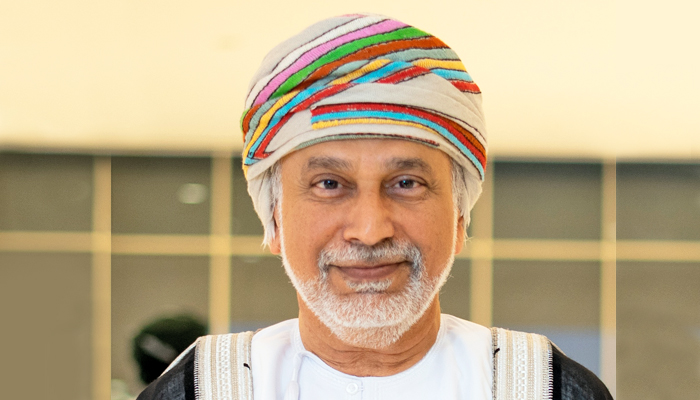
The world saw television footage of hostages on the Egyptian side of the Rafah border crossing after leaving Gaza, as Hamas handed over the captives to the International Committee of the Red Cross late on Saturday.
Prison authorities in Israel announced early on Sunday that they had released 39 Palestinian prisoners after Hamas freed 13 Israelis and four Thai nationals in the latest stage of a four-day ceasefire.
The Gaza ceasefire deal was plunged into crisis on Saturday after Israel delayed the exchange of prisoners with hostages by blocking aid from reaching the northern part of the strip and flying drones in the south.
The delay was a reminder of how fragile the truce agreement is. Israel has vowed to resume its campaign to destroy Hamas after a brief pause, despite growing international pressure for a longer break in a campaign that has so far killed almost 16,000 Palestinians, the majority of them women and children.
The weekend began with some optimism that the four-day break in hostilities could be extended.
More than two-thirds of Gaza’s population of 2.3 million has been forced to leave their homes, according to UN estimates, and the majority of them are crowded into shelters and homes in the south, where food supplies are so low that the UN has warned of starvation and where lack of clean water is spreading diseases.
Gaza residents said the pause that lasts just for a few days would do little to relieve their sufferings after weeks of heavy bombing, and even in the south, where Israel has urged civilians to flee for their safety.
There have been contrasting portrayals by the media on the release of hostages by Israel and Hamas and underlines the pervasive double standards.
As I went through the coverage of the release of hostages, a disconcerting pattern emerged.
It was disheartening to witness instances where the Western media seemed to adjust its tone, subtly acknowledging a bias that favours the Israeli perspective. This raises questions about journalistic integrity and the role of the media in shaping public opinion.
A glaring example lies in the language employed to describe those released.
The juxtaposition of “children” for Hamas’ captives versus “criminals” for the Israeli releases is more than a matter of semantics. It perpetuates a divisive narrative that undermines our collective understanding of the situation.
Equally troubling is the hesitancy of the Israeli government to allow media access to the released hostages. Transparency is the bedrock of a healthy democracy, and any hindrance to it raises valid concerns.
In contrast, Hamas willingly presented the individuals they released, providing a side of the story often overshadowed by prevailing negative perceptions.
One cannot ignore the protracted detention of Palestinian youths without charges, a practice that contradicts the principles of justice and human rights. We must question the policies that result in the loss of youth, due to what can only be described as unjust treatment.
The question now looms: What comes after these four days? It is a question that demands answers, not in the form of rhetoric or political manoeuvring but in actions that speak of a commitment to peace and justice.
The truth must be allowed to surface, unobstructed by biases and preconceived notions.
I implore the international community, especially the government of the United States, to reconsider its stance and play a more impartial role in resolving the conflict.
The recent intervention by the US President Joe Biden to halt Israeli actions is a step in the right direction. It now presents an opportunity for the American government to be a fair and just mediator, and a force for peace.
It’s time for the US President and American government to show their humane side.
If they don’t step in now, they will be targeted across the world. Their embassies will have to invent a new alert status for what will follow.
They will have to live in the shadow of fear.
The onus is on the American government to stop the war. If they don’t, the situation will put Israel and the Israel Defence Forces (IDF) and American government in embarrassment with more casualties on their side. They would cut a sorry face in front of the world for not being able to defeat Hamas.
So the message for the American government is: If you want to change your biased image, here is your chance!